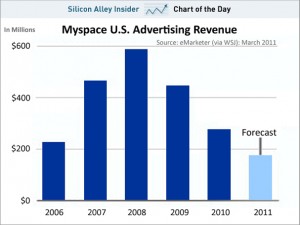”If the United Nations was fully funded why would we need the Arc or social enterprise?”
I believe that we don’t need social enterprise, the Arc, or any other charitable/philanthropic ventures for that matter. Everyone can simply leave these activities to government organizations which are equipped to do so. What’s important about these charitable efforts external to the government is that they demonstrate empathy and compassion for one’s fellow man. Additionally, even if the United Nations were incredibly well funded, they still wouldn’t be able to cover every single location that requires assistance. Social enterprise can help many areas that are left neglected because they are low on the UN priorities list.
Furthermore, the Arc can be beneficial for the Sauder students involved, not just for the communities that are the target of the Arc Initiative. Students would not only immerse themselves in a different culture, they become more globally aware more knowledgeable of the issues and lifestyles surrounding various African communities. This makes the Arc mutually constructive and creates a synergistic relationship between both parties.
Social enterprise should not be seen as a substitute or an alternative to government-funded humanitarian programs. Rather, it should be viewed a compliment to those programs by filling in where government organisations might have disregarded.
Image: http://b.vimeocdn.com/ps/365/442/3654422_300.jpg
http://www.sauder.ubc.ca/Global_Reach/ARC_Initiative/About_ARC






